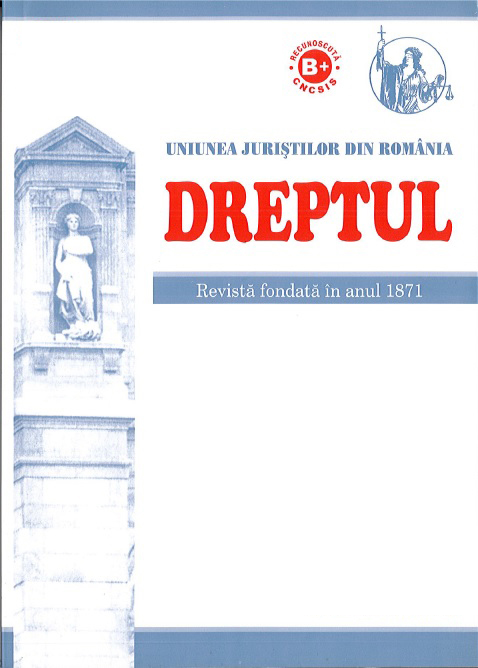The Insolvency Code, in Article 65, provides as follows: „(1) The procedure shall be initiated on the basis of an application filed to the tribunal by the debtor, by one or more creditors, or by the persons or institutions expressly provided by the law. (2) The Financial Supervisory Authority files an application against the entities regulated and supervised by it, which, according to the data available to it, satisfy the criteria provided in the special legal provisions for opening the procedure provided by this Law.”
As such, it can be said that the scope of the persons to whom it is recognized the right to refer the matter to the court is delimited by the legal provisions, excluding the ex officio referral to the tribunal, contained in the old regulation of the Commercial Code.
The Framework-Law shows very clearly that the debtor in insolvency is obliged to submit an application to the tribunal in order to be subject to the provisions of this Law, within maximum 30 days of the occurrence of the state of insolvency, being able to come before the tribunal with such an application also the debtor for whom the occurrence of the state of insolvency is imminent (Article 66), any creditor entitled to request the opening of the procedure provided in this normative act against a debtor presumed to be in insolvency having the right to initiate, in its turn, an introductory application (Article 70).
Given that the debtor himself is the most suitable person to know the state of insolvency or the imminent insolvency of his patrimony, it was normal for the legislator to admit that it had an important role in the initiation of the collective procedure. The creditors, not having the right to request the opening of the imminent insolvency procedure, but only for current (presumed) insolvency, could not act before a real and manifest imbalance was produced in the debtor’s patrimony, when the financial difficulties were already revealed by the inability to pay the due obligations.


